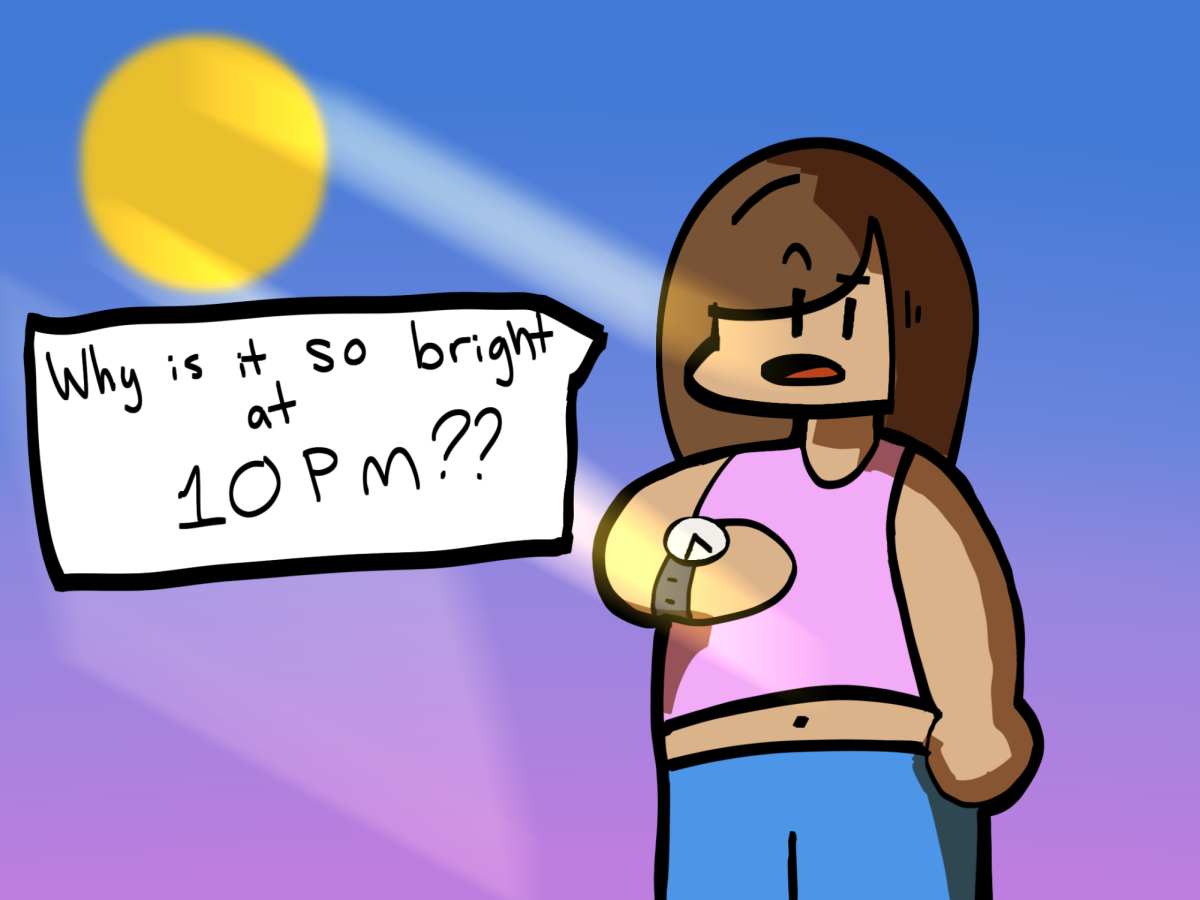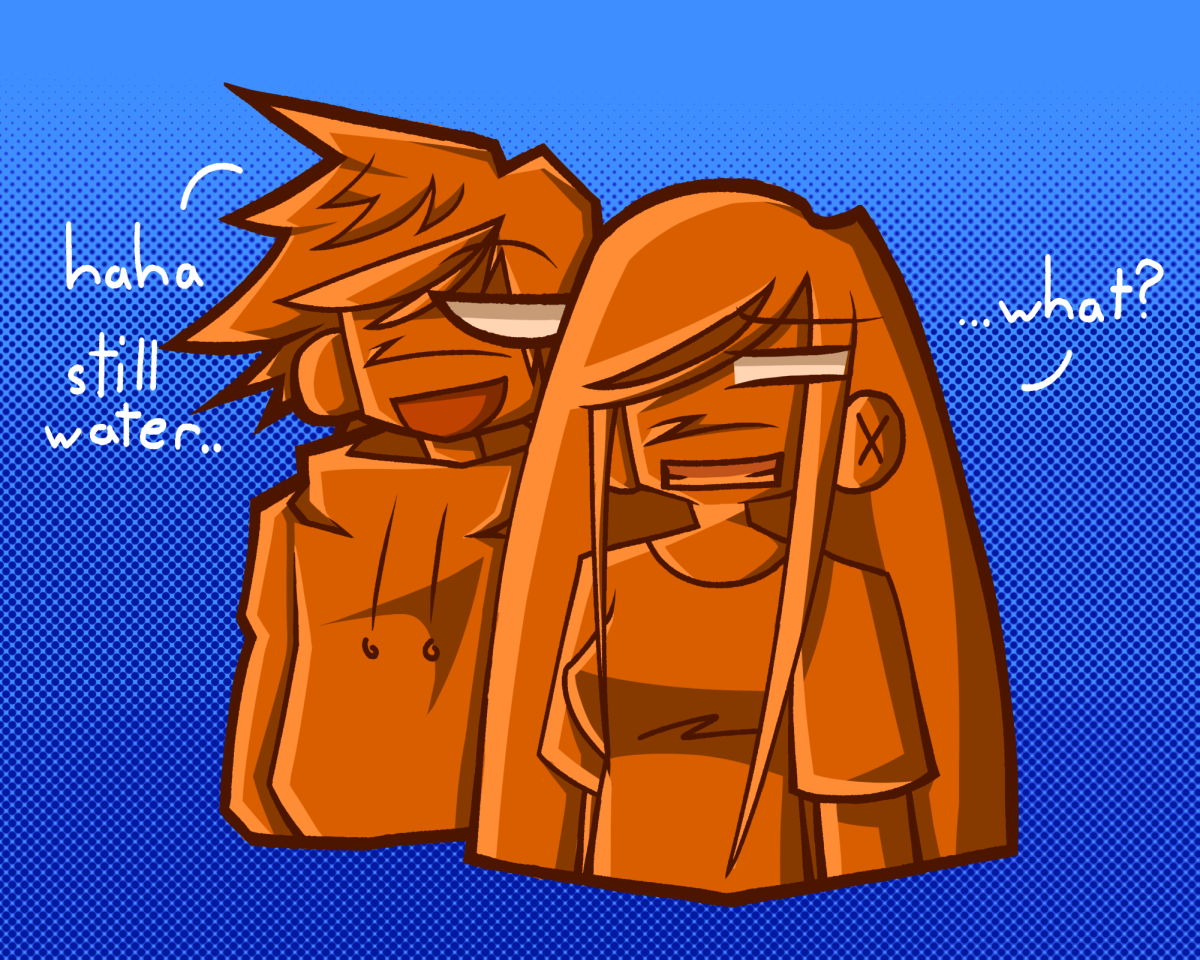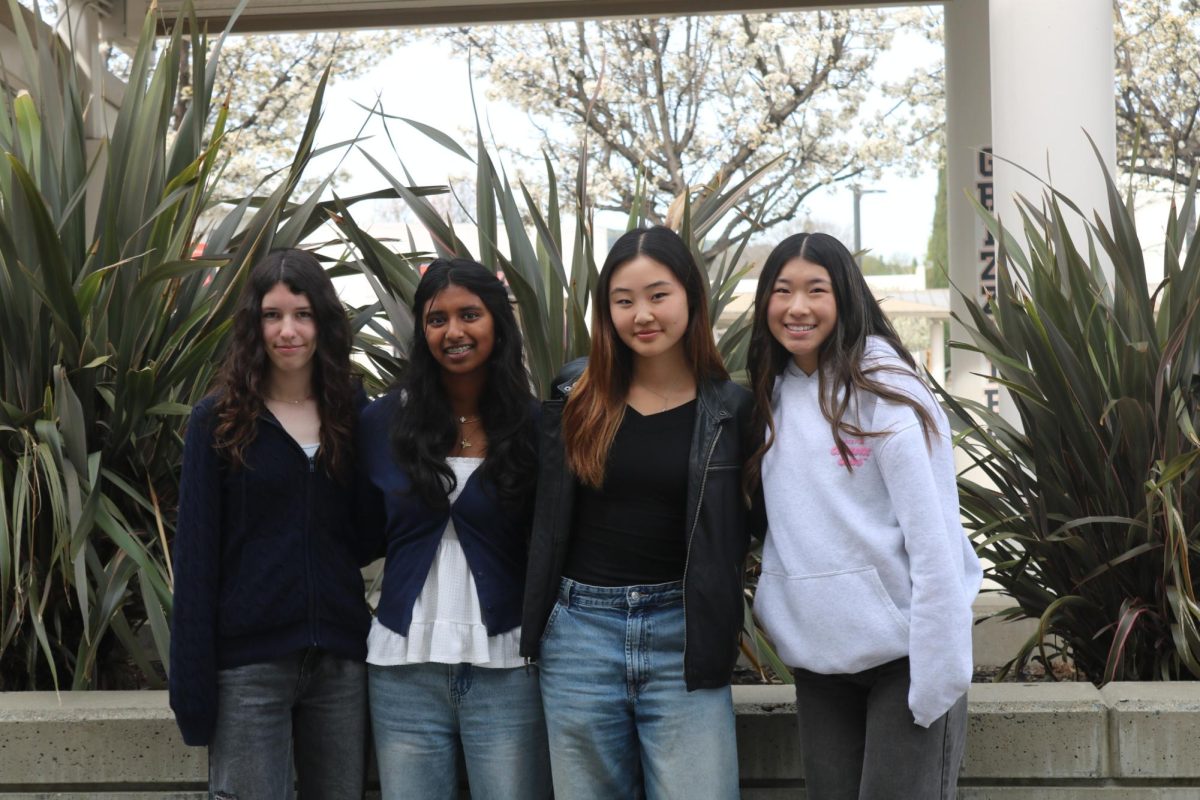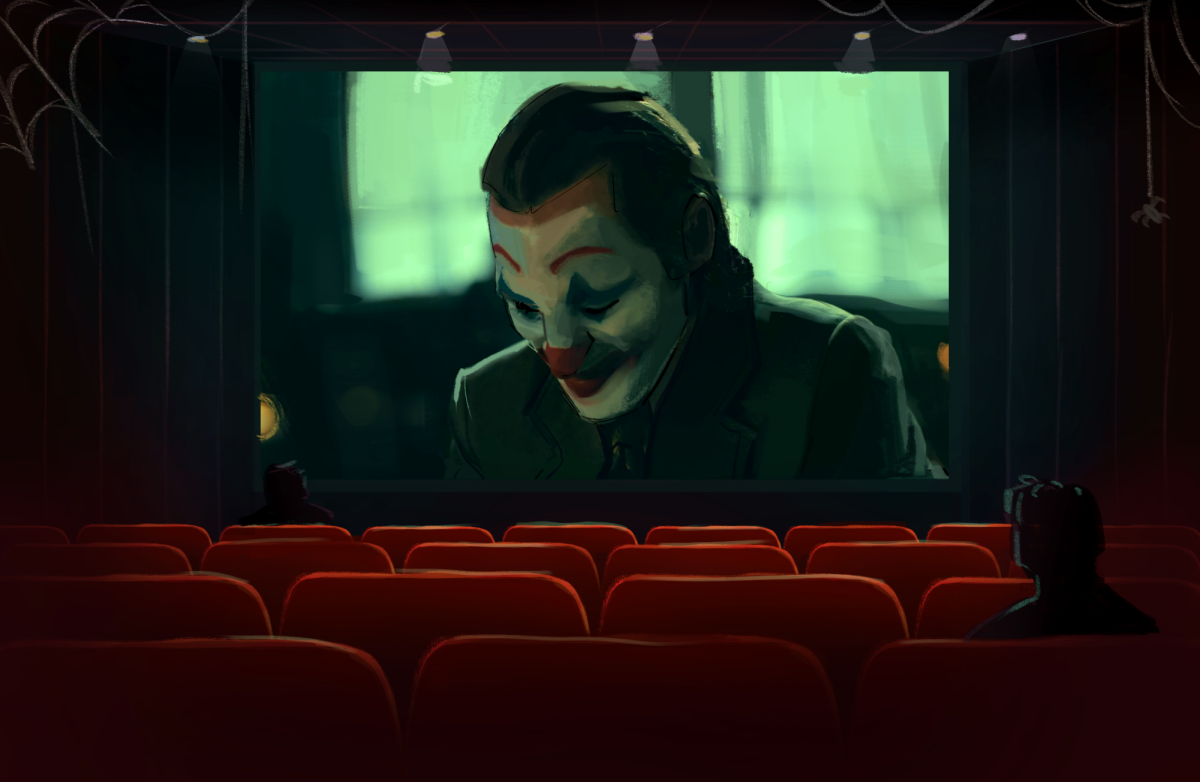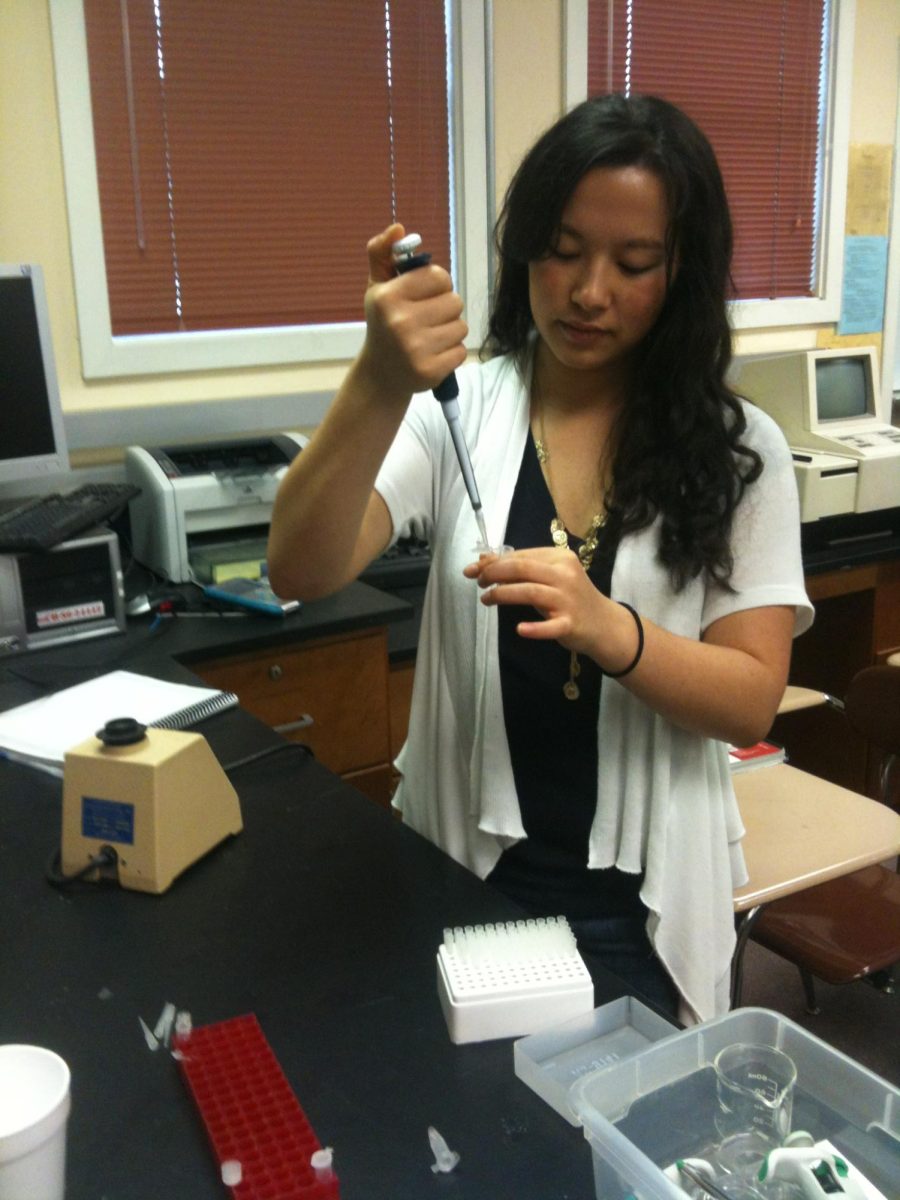By Caitlin Kawaguchi
Throughout California, racially-charged incidents have been popping up. Intolerance towards ethnic opposites has created a chain of discrimination, and Cal High has not been exempt.
Racially charged incidents occurred on two college campuses earlier this year. In February, a noose was found on the UC San Diego campus and a party mocking Black History Month sparked controversy.
Women invited to the party were asked to act as crude caricatures of “ghetto chicks.”
“Ghetto chicks usually have gold teeth, start fights and drama, and wear cheap clothes,” read the Facebook invitation for the party, visible on a UCSD blog as a screengrab photo. “…they have a very limited vocabulary, and attempt to make up for it…by simply cursing persistently…and making other angry noises, grunts, and faces.”
Although there were some protesting comments on the invitation, the Web page showed 122 people attending.
Similarly shocking, racist actions have taken place at UC Davis.
In late February, a Jewish student awoke one morning to find a swastika carved in her door. Over the next few weeks, six more swastikas were found around the campus, according to CBS News.
“I was disappointed and fearful about the long-term reactions,” said Meredith Jackson, the Community Coordinator at the Cal Aggie Christian Association. “As more swastikas were found, more students expressed that campus was no longer a safe place.”
After the swastikas turned up, Jackson and the Interfaith Campus Council sponsored an interfaith vigil for peace and healing.
“We recognized there must first be space for healing before we could move forward,” Jackson said.
Perhaps because of these racial attacks, the enrollment in ethnic studies classes in various colleges has increased.
Colleges aim to increase awareness through education
Other students involve themselves in colleges that specifically focus on social and ethnic issues.
San Francisco State University’s College of Ethnic Studies just celebrated its 40th anniversary last year. Founded in 1969, it’s mission was to create a program that would study with a variety of perspectives in mind.
Tyler Dickie, a student at SFSU, has taken many classes at the College of Ethnic Studies, including Native Americans and US laws, Black Urban Youth Development, Hip Hop and Politics, and more.
“My experiences in the classes have been varied, but they have definitely been the most enlightening classes of my education,” she said. “What I have learned in these classes has dramatically affected my life.”
She explained that being “that white girl” in these classes used to feel intimidating, but now she likes how uncomfortable the feeling is.
“(Racism) is not something that happens on a person to person level,” she said.
She continued to explain that racism is a large scale system in America that is made up of historical events, policy, and laws that make rights and access to capital unequal for people of color.
Cal High students’ perspectives
Many students at Cal, however, do consider racism to be a person-to-person act.
“I think the problem is when people judge personality based on race,” said senior Karan Panjabi. “You can’t make assumptions like that.”
But college campuses aren’t the only places where racism has been visible in Northern California.
According to the Southern Poverty Law Center, California has 60 hate groups, most with similarly disturbing racial philosophies.
The Internet has become an alarming networking opportunity for such organizations, allowing white nationalists from around the country to connect and share ideas and experiences.
Don Black founded a hate Web site, Stormfront, after his attendance at The Council of Conservative citizens. Members of the white nationalist themed message board include youths that can find similarly minded people in their community.
On one post, a boy wrote about his problem of having a Latino roommate when he goes to college.
“So, hypothetically, if at some point he goes on and rants about how all races are equal,” he asked, “should I just sit idly by and tolerate it?”
Such harsh statements are cruel and shocking. However, students at Cal are not immediately concerned by this Web site.
Junior Erica Butler, a member of Cal High’s Black Student Union, just laughed when she heard this.
“I just feel bad for them,” she said. “They have nothing better to do with their time.”
